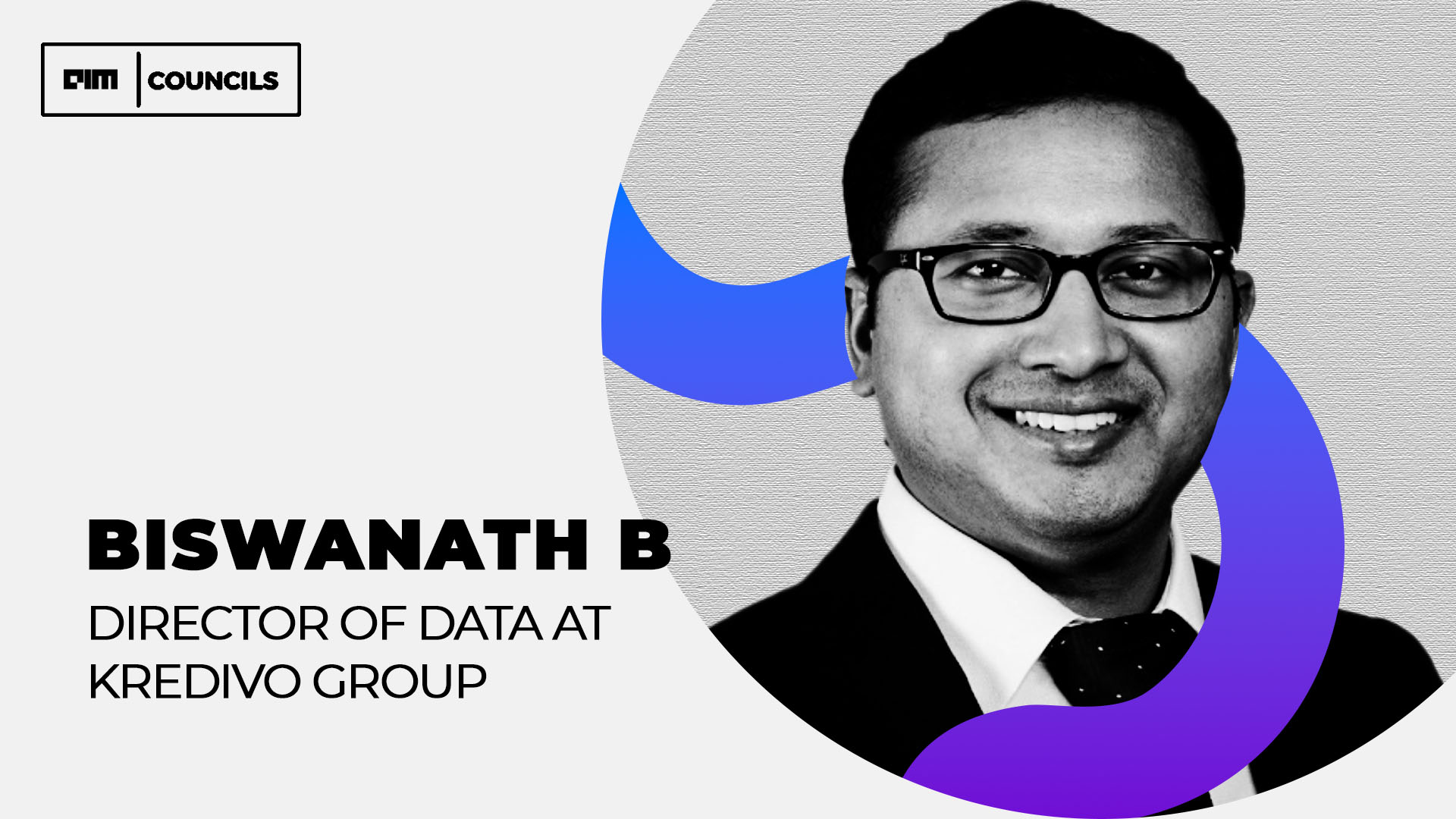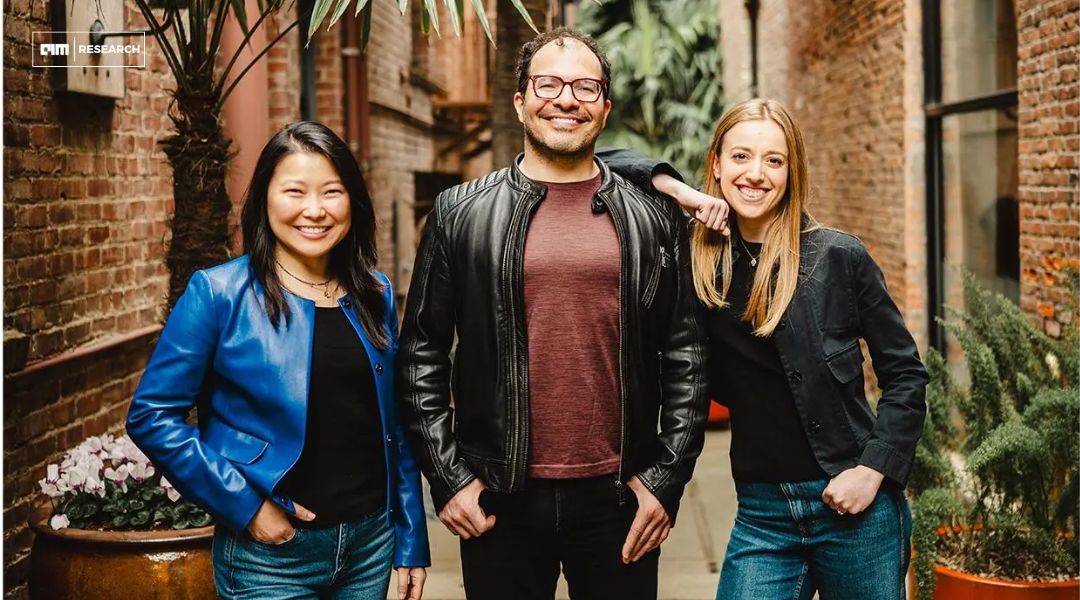
Neo Is More Similar to What Y Combinator Was in the First Place
- By Anshika Mathews
- Published on
Neo is more similar to what Y Combinator was in the first place.


“Neo is the highly selective program for top technical teams that Y Combinator once was.” That’s how Ali Partovi now characterizes his venture firm, eight years after launching it with an audacious bet that the future titans of tech could be spotted and nurtured before they even finished college.
Now backed by a fresh $320 million fund, its fourth and largest to date Neo is putting that theory on institutional footing. With headline-making wins like Anysphere’s Cursor and Pika under its belt, Neo is no longer just a quirky boot camp for undergrads. It’s positioning itself as the Ivy League of startup accelerators complete with an application rate more selective than Harvard and Yale.
Founded by Partovi, an early investor in Facebook, Dropbox, and Airbnb, Neo has become Silicon Valley’s most aggressive incubator of teenage and twenty-something talent. That ambition is matched by a model that fuses mentorship, early-stage funding, and elite social access with brutal selectivity in which 4,000 applicants chase just 50 annual spots across Neo’s Scholar and Accelerator tracks.
Bet Early, Bet Hard
Neo Scholars program, launched in 2017 to identify top-tier engineering talent still in school. One of its most high-profile alumni, Cursor co-founder Michael Truell, was an 18-year-old MIT freshman interning at Google when he first met Partovi at the Computer History Museum café in Mountain View.
Partovi gave him a handwritten coding test. Truell aced it in record time. By the end of the meeting, Partovi circled the teen’s photo in his dossier and marked it with a star, his private code for “I’d invest in anything this kid does.”
Three years later, he did exactly that, becoming the first backer of Cursor, which reportedly hit $100 million in annualized revenue within a year and has since doubled that number. “Ali basically backed us when it was just the idea,” Truell said. “He’s not afraid to spend time with and really bet on people before they’re very proven.”
Cursor isn’t Neo’s only moonshot. Demi Guo, CEO of Pika, and Walden Yan, co-founder of Cognition, both emerged from the Neo ecosystem. The same goes for Caldera, the blockchain company now backed by Peter Thiel’s Founders Fund, and Moment, a fixed-income startup funded by Andreessen Horowitz.
Neo also runs its own accelerator, a three-week retreat in Oregon that has already produced companies like Sapien and Anterior. The program’s exclusivity is strategic, according to partner Emily Cohen. “We don’t want to arbitrarily increase that,” she said from Neo’s headquarters—ironically, the former offices of Anthropic.
The Neo Network
Neo’s model hinges on social access as much as capital. In the past six months alone, it’s hosted intimate gatherings with OpenAI CEO Sam Altman, Nvidia CEO Jensen Huang, Microsoft CEO Satya Nadella, Sequoia’s Alfred Lin, and former Facebook COO Sheryl Sandberg.
Investors have taken notice. Bill Gates, Eric Schmidt, Reid Hoffman, and Sandberg have all backed Neo. Sandberg described Partovi’s networking ability as “like nothing anyone has ever seen.”
In keeping with its elite ethos, Neo keeps its full-time staff lean. The firm’s three partners Partovi, former Stripe executive Suzanne Xie, and McKinsey alum Emily Cohen are supported by a roster of part-time mentors compensated in carried interest, including Notion CTO Fuzzy Khosrowshahi and Cognition’s Russell Kaplan.
For some, the results speak louder than the model. “Neo is probably the biggest signal” a startup can send, said Kristina Shen, partner at Chemistry Ventures and former Andreessen Horowitz investor. “People look at Neo, Prod, YC as these signals, but by far, I think Ali has done the best job in terms of getting the highest velocity builders a lot younger.”
The comparison to Y Combinator isn’t accidental. Partovi has publicly leaned into. At a recent event, he took a swipe at YC’s mentor-to-founder ratio. That drew a sharp response from YC CEO Garry Tan, who accused Partovi of “slander” and dismissed Neo’s part-time mentors as unproven long-term allies.
Tan wrote on X, “Neo likes to parade their part time speakers [sic] as ‘mentors’ but will they be there 5 years in when you need office hours or help?”
Partovi is unbothered. “Neo is more similar to what Y Combinator was in the first place,” he told Forbes, implying YC has lost its edge. He cited a 2020 quote from former YC CEO Michael Seibel, who said he didn’t want YC to become an Ivy League. “If they no longer saw themselves as an Ivy League institution, we saw a window to create one,” Partovi said.
Tan later rejected Seibel’s framing, telling Forbes, “This isn’t McDonald’s. This is actually The French Laundry.”
Neo’s boutique feel is deliberate. Scholars receive $20,000 to take a semester off school but the sabbatical is optional and limited to one term, unlike the Thiel Fellowship’s $100,000 full dropout grants. Many use the time to explore startup ideas with light financial risk.
Neo Scholar Harry Sanders, who’s building AI tools for mathematical reasoning, framed it as an escape from academic conformity. “It’s not like I’m going through this meat grinder that is designed to turn me into the average, optimal founder.”
Others, like Flint founder Michelle Lim, find value in proximity to power. At a recent Neo event, she was seated beside Stripe co-founder John Collison, while former Facebook CTO Mike Schroepfer strolled by. “That kind of access is insane,” she said.
And it’s not just founders. OpenAI’s new-grad hiring program filled its product team last year entirely from the Neo network. “The people they find are not just technically great,” said Shyamal Anadkat, who runs startup relations at OpenAI. “They think differently about the world.”
Partovi’s obsession with talent may be rooted in his own early escape. Raised in Tehran during the Iran-Iraq war, he learned to code at age 9 while huddled in a basement to avoid Iraqi missile strikes. “The real world was filled with chaos and uncertainty,” he recalled. “The world of computer programming was filled with order and predictability.”
He and his twin brother Hadi moved to the U.S. in 1984 and later attended Harvard, where he met Alfred Lin. The trio would go on to build LinkExchange and iLike, and co-found Code.org in 2012. Today, Lin sits on the board of Kalshi, another Neo seed investment.
Kalshi is also a case study in Neo’s hands-on approach. As the platform faced a cash crunch ahead of the 2024 U.S. election, Partovi wired over $12 million, $7 million personally and $5 million from Neo without formal deal terms, according to a now-deleted post by CEO Tarek Mansour.
“He has always been our first line of defense whenever we’ve needed something,” Mansour later said.
An Institution, Not a Fund
Neo’s fourth fund, despite outsized interest, is only marginally bigger than the last by design. “While other funds grow by raising ever larger amounts of capital, we want to grow in quality, not quantity,” the firm wrote in a letter to its community. The partners have committed more personal capital to this fund than to all previous ones combined.
From a wartime basement in Tehran to Silicon Valley’s elite salons, Partovi’s trajectory has always been about betting early on himself, on software, and now, on the next generation.
Whether that model will surpass YC in longevity or success is still to be seen. Oh wait, Neo is already there.
📣 Want to advertise in AIM Research? Book here >
Cypher 2024
21-22 Nov 2024, Santa Clara Convention Center, CA
A Vendor Briefing is a research tool for our industry analysts, and an opportunity for a vendor to present its products, services and business strategies to analysts who cover the vendor specifically or a related technology or market.
AIM Research encourages technology vendors and agencies to brief our team for PeMa Quadrants, when introducing a new product, changing a business model, or forming a partnership, merger, or acquisition.


